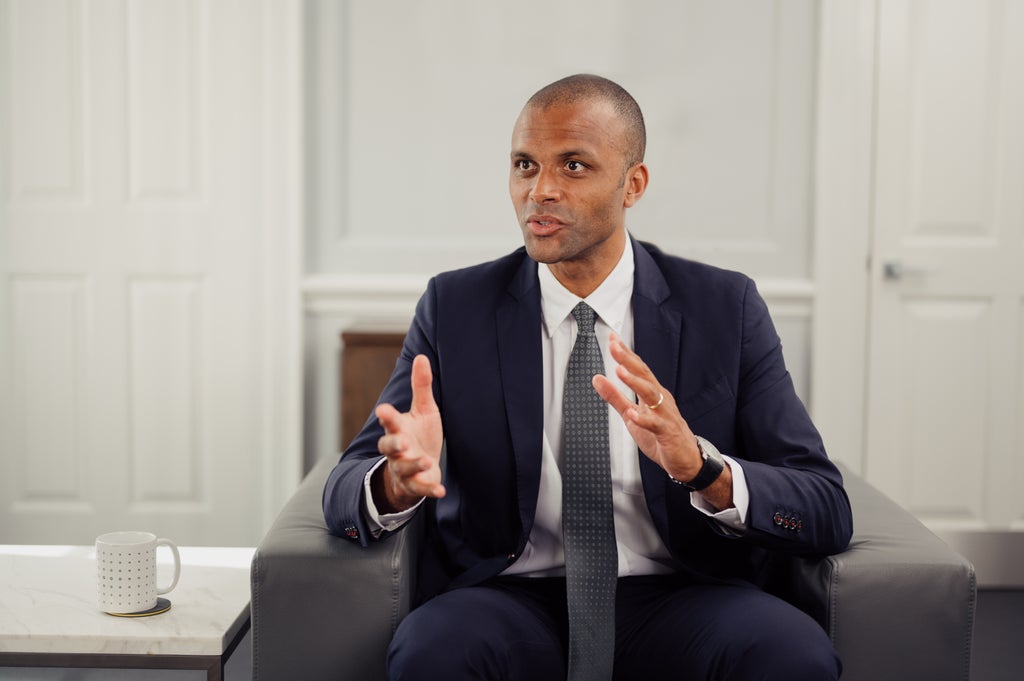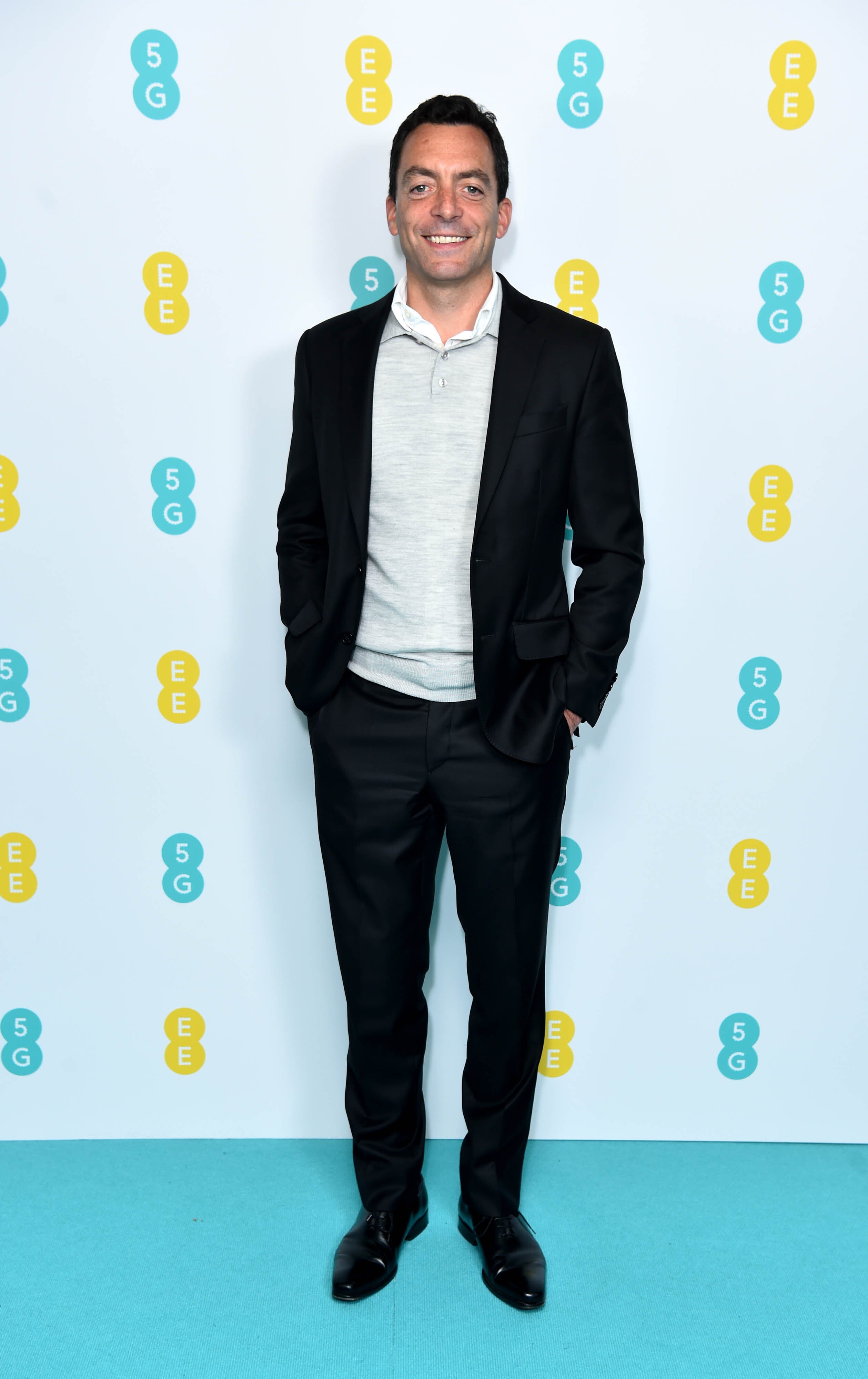
Major changes to the Champions League format have been approved after “zero consultation” with players, according to the boss of the Professional Footballers’ Association.
UEFA finally confirmed a new look for Europe’s premier club competition this week, with a 36-team league phase replacing the 32-team group stage from the 2024-25 season.
Teams will play eight matches in the league phase compared to six currently, and 16 teams face a further two matches each in the newly-introduced play-off round.
UEFA president Aleksander Ceferin lauded the changes on Tuesday and said they demonstrated that the European game was “more united than ever”.
PFA chief executive Maheta Molango was less impressed, though. He felt commercial interests had been prioritised and that players felt “a long way down the list” when it came to their voice being heard and listened to.
He told the PA news agency: “Once again this season, the Champions League has delivered exciting games with high drama, played at the very highest level and with PFA members at the heart of them.
“Looking forward though, we are seeing major changes to European competitions, with more games being introduced to an already crowded elite calendar, but all implemented with zero consultation with those who actually play the game.
We know from our conversations with players, that they have real concerns about the structure of the calendar, and specifically the sense that they are being viewed as a long way down in the list of football’s priorities.
“Conversations around the structure of European competitions, for example the proposed new Champions League group stages, seem to be based entirely on commercial priorities rather than the welfare of players who are consistently being asked to push themselves further.”
The Champions League format changes, which will see the number of matches increase from 125 to 189, have been made at a time when debate is also raging about the future of international football, with FIFA having consulted over the idea of biennial World Cups.
Molango added: “We know from our conversations with players, that they have real concerns about the structure of the calendar, and specifically the sense that they are being viewed as a long way down in the list of football’s priorities.
“As we have said consistently, what is needed is a ‘player-first’ approach which is based on their physical capabilities and what should be a collective desire – from players, fans and administrators – to ensure that we see the best version of the game those playing it are capable of producing.

“That’s not going to be achieved by simply shifting a kick-off time or scrapping a cup replay, especially when the gaps created are predictably filled. This needs a bold approach, and players need to be at the centre of the conversation.”
The competition’s current UK rights holders BT Sport welcomed the new format – both the promise of more high-quality games and of Champions League football from September to May, with the group stages set to conclude in January, a period previously reserved for domestic football in England.
Marc Allera, the chief executive of BT Consumer, said: “Generally, as long as the matches are of high quality, the more matches the merrier generally is a really good thing.
“I think the new format looks like there will be more matches involving bigger teams earlier on and I think that’s a really positive thing.
“And I think there’ll be less fallow periods in the year as well where you don’t have that European football.
“The Champions League and the European rights have been very successful for us and a major part of our portfolio. Customers love them. I know UEFA also see how brilliant we’ve been as a partner on a global level.”
BT announced an agreement to form a new joint venture with Warner Bros. Discovery on Thursday morning, which promises to give subscribers to one of those services access to both companies’ sport and entertainment content.
Warner Bros. Discovery chief executive and president of global streaming and interactive entertainment, JB Perrette, added: “The greater consistency of matches over an extended season and time period is helpful because it creates recurring habitual behaviour in the consumers, which is great.
“The benefit is this unique combination of sports plus entertainment which allows for more people to come in for a match and then get stuck in on all the great other content offerings which will exist.”







